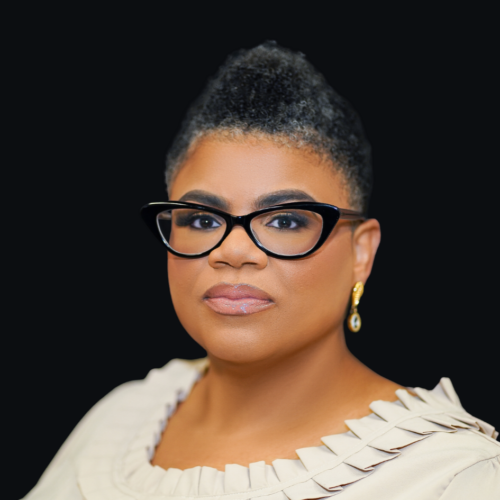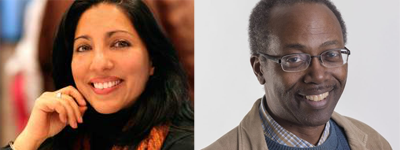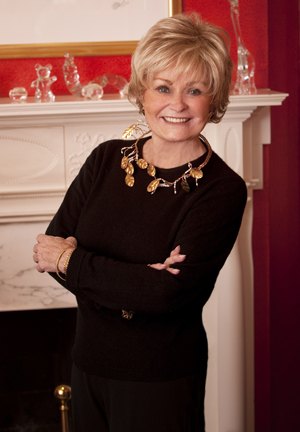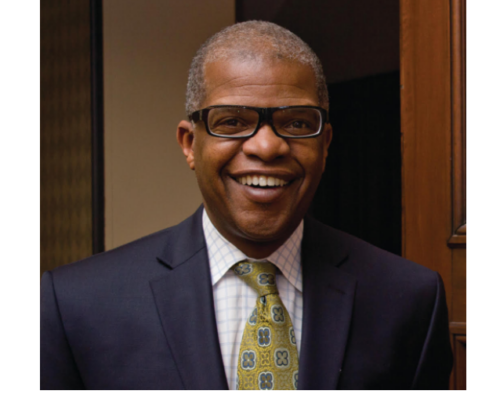Apply for BIO 2026 Fellowships and Prizes
Biographers International Organization (BIO) invites applications for its 2026 fellowships and prizes, which support and celebrate the craft of biography at every stage—from dissertation research to debut works and beyond. These awards recognize exceptional promise, fund essential research, and amplify diverse voices shaping the future of biographical writing.
The Frances “Frank” Rollin Fellowship
Deadline: February 1, 2026
The Frances “Frank” Rollin Fellowship awards $5,000 each to two authors working on a biographical project about an African American figure or figures whose story deepens our understanding of the Black experience. Recipients also receive a year’s membership in BIO, registration to the annual BIO Conference, and publicity through BIO’s marketing channels.
The fellowship seeks to address the historic underrepresentation and suppression of Black lives and voices in published biographies. It reflects BIO’s commitment not only to supporting working biographers but also to advancing diversity in the field.
The Robert and Ina Caro Research/Travel Fellowship
Deadline: February 1, 2026
Established in honor of Robert and Ina Caro, this annual fellowship supports biographers with a work in progress who need funding for research trips to archives or key locations in their subjects’ lives. It reflects BIO’s dedication to helping authors produce deeply researched, context-rich biographies.
Kitty Kelley Dissertation Fellowship in Biography
Deadline: February 15, 2026
This fellowship awards $25,000 to a doctoral student writing a dissertation in English that focuses on the life of one or more individuals. The work must be biographical rather than autobiographical or fictionalized, though it need not cover an entire life.
Endowed by Kitty Kelley—a founding BIO member and author of seven bestselling biographies—the fellowship honors her lifelong advocacy for biography and biographers.
The Hazel Rowley Prize
Deadline: March 1, 2026
The Hazel Rowley Prize recognizes a first-time biographer with a $5,000 award, a professional reading by an established literary agent, a year’s BIO membership (including conference registration), and publicity through BIO’s platforms. The prize helps advance BIO’s mission to nurture emerging talent and expand the reach of biographical writing.
Hazel Rowley (1951–2011) was an award-winning biographer and devoted BIO supporter whose acclaimed works on Richard Wright, Simone de Beauvoir, Jean-Paul Sartre, and Franklin and Eleanor Roosevelt reflect her passion for the art and craft of biography.
The Clio Fellowship for Archival Research
Deadline: March 1, 2026
The Clio Fellowship awards $5,000 to one or more biographers conducting archival research for a book-length biography. Named for Clio, the Greek muse of history and memory, the fellowship is endowed by Linda Leavell, a biographer, Plutarch Award winner, and past BIO president.
The Chip Bishop Fellowship
Deadline: April 1, 2026
Established by BIO co-founder James McGrath Morris, the Chip Bishop Fellowship provides up to $2,000 in travel and related expenses—including childcare—to help aspiring biographers attend the annual BIO Conference. Registration fees are waived or refunded.
The fellowship honors Chip Bishop, who credited attending the BIO Conference with the publication of his first biography. It is open to both members and non-members working toward their first book.
If you have any questions about the fellowships, please contact BIO’s Executive Director, Michael Gately.






